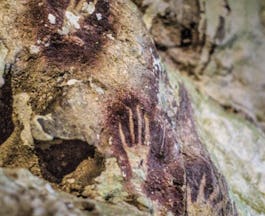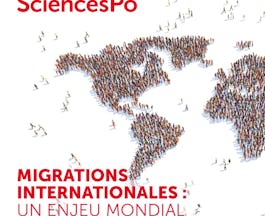Filter by
The language used throughout the course, in both instruction and assessments.
308 results for "geographic"
 Status: Free
Status: FreeThe University of Hong Kong
 Status: Free
Status: FreeVanderbilt University

École Polytechnique
Skills you'll gain: Entrepreneurship, Innovation, Leadership and Management, Strategy, Strategy and Operations, Planning
 Status: Free
Status: FreeNew York University
Skills you'll gain: Critical Thinking

Skills you'll gain: Digital Marketing, Social Media

Parsons School of Design, The New School
Skills you'll gain: Leadership and Management, Retail Sales, Sales, Strategy, Strategy and Operations, Brand Management, E-Commerce, Marketing, Supply Chain Systems, Supply Chain and Logistics, Merchandising
 Status: Free
Status: FreeUniversitat Autònoma de Barcelona
 Status: Free
Status: FreeWesleyan University

Rice University
Skills you'll gain: Business Psychology, Culture, Entrepreneurship, Leadership and Management, Organizational Development, Communication, Collaboration, Employee Relations, Human Resources, Human Resources Operations

University of Colorado Boulder
Skills you'll gain: Leadership and Management
 Status: Free
Status: FreeUniversity of Manchester
Skills you'll gain: Critical Thinking
Searches related to geographic
In summary, here are 10 of our most popular geographic courses
- Materials in Oral Health: The University of Hong Kong
- Case Studies in Personalized Medicine: Vanderbilt University
- Creating and Developing a Tech Startup: École Polytechnique
- Richard Schechner's Introduction to Performance Studies: New York University
- Hotel Digital Marketing and Social Media Strategy: Starweaver
- Migrations internationales : un enjeu mondial: Sciences Po
- Fashion Retail Transformation: Parsons School of Design, The New School
- Climate change and Indigenous People and local communities: Universitat Autònoma de Barcelona
- The Ancient Greeks: Wesleyan University
- Defining Diversity, Equity and Inclusion in Organizations: Rice University











